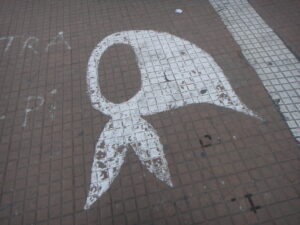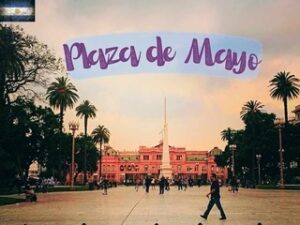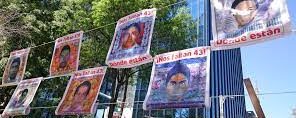Women: victims, fighters, and witness
Elizabeth Lira
Elizabeth Lira is a tenured professor at the Psychology Faculty of the Alberto Hurtado University, Chile. She is known for her courage and dedication to alleviating the psychological effects of state-sponsored terrorism on the lives of people all over the world.

Disappearance is a violation of human rights and a crime against humanity. Women, mothers, daughters, wives, partners, sisters, and friends in different countries worldwide have demanded to know what happened to their missing relatives, dedicating their lives to the search, hoping to find them alive. Unfortunately, every missing woman and man lost their life due to the atrocities they suffered, but the authorities never recognized their detention and their death.
In addition to searching and denouncing for months, years, and decades, mothers had to provide for the family when the head of the household disappeared. Sometimes they managed to create an adequate protective environment for their children, despite the burden and sadness. Nevertheless, the family members suffered if they thought he was alive and helpless or dead and buried clandestinely, and this pain was intolerable. The suffering of the disappeared women emerges in the testimonies of some survivors and the autopsies of women found dead, revealing the atrocities they suffered and conditions that may have been like those of others who have no notice to this day. Nevertheless, the hope of finding them alive kept the relationship with the disappeared person, experiencing the separation as a transitory absence, as if the constant search confirmed that this bond was live.
Organizations of relatives of victims of violations of human rights under dictatorships or armed conflicts have been formed mainly by women. The theft of the children of the detained disappeared, most of whom were born in captivity, in Argentina has been the most severe human rights violation in the history of the continent. The mothers and grandmothers of the Plaza de Mayo have claimed their children’s and grandchildren’s lives and rights, seeking, and finding grandchildren, now adults, appropriated by the repressors who murdered their mothers.
It is almost inevitable that the memory of the martyrdom of the disappeared replaces the memory of their political actions and the women who searched for them. Nevertheless, the stories of many disappeared women allow us to reconstruct a page of the political memory of each country, which was written by the disappeared and by the women who searched for them. Part of their stories can be found in different sites of memory and reconstructed in the commemorations, not only as victims of harsh repression but as protagonists of a history interrupted by death who fought for their rights and dreamed of a just and humane society.
Women and relatives demonstrate with the photograph of their relative on their chest and banners with the phrase Where are they? Questions need answers. For decades the search has not been assumed as a responsibility of the State, with few exceptions. The struggle for human rights for decades has been made possible by the commitment of those women, mothers and grandmothers, daughters, sisters, and wives who have prevented the final disappearance of their relatives in the memory of their society.
 An example: One of most emblematic symbols of the Plaza de Mayo in Buenos Aires – Argentina, are the Madres de la Plaza or Mothers of May Square. These are women whose children have ‘disappeared’ due to the military dictatorship (1976-1983). The mothers demanded to know where their children were and began to march around the May Pyramid in the middle of the square wearing handkerchiefs with their children’s’ names embroidered on them. The weekly marches started in 1977 and continue today – you can see the mothers and their supporters every Thursday afternoon in the plaza. https://wander-argentina.com/plaza-de-mayo-argentinas-most-famous-square/
An example: One of most emblematic symbols of the Plaza de Mayo in Buenos Aires – Argentina, are the Madres de la Plaza or Mothers of May Square. These are women whose children have ‘disappeared’ due to the military dictatorship (1976-1983). The mothers demanded to know where their children were and began to march around the May Pyramid in the middle of the square wearing handkerchiefs with their children’s’ names embroidered on them. The weekly marches started in 1977 and continue today – you can see the mothers and their supporters every Thursday afternoon in the plaza. https://wander-argentina.com/plaza-de-mayo-argentinas-most-famous-square/

